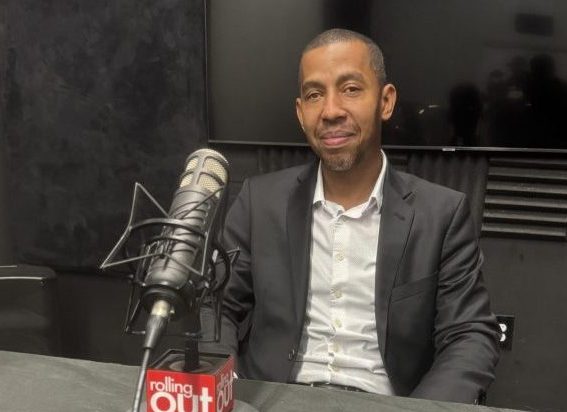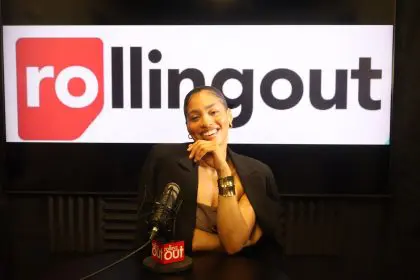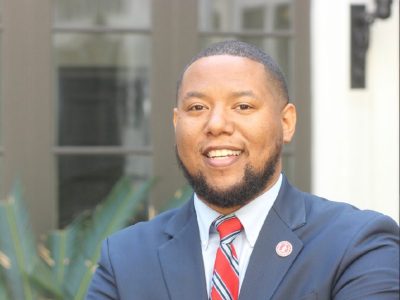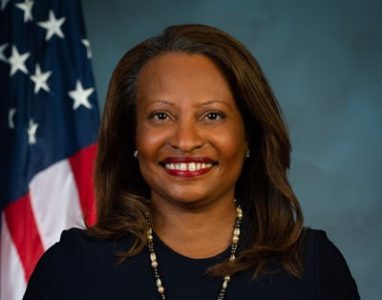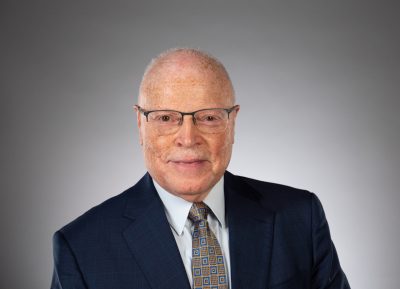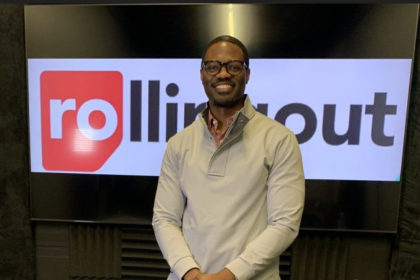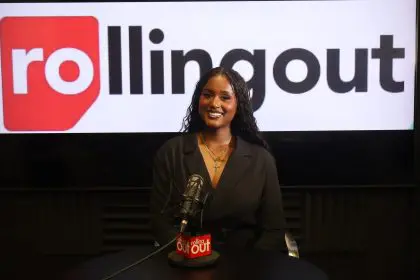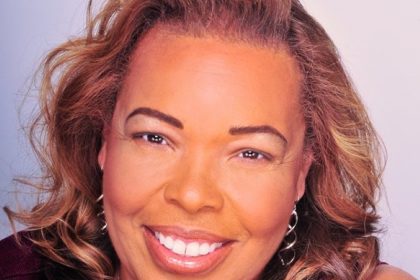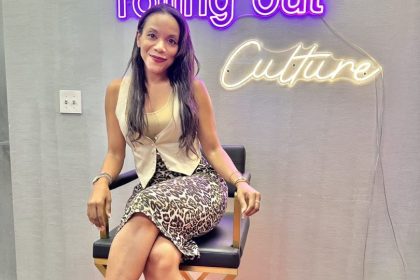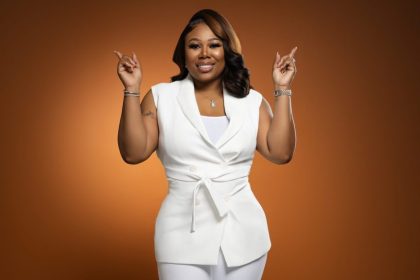Omar Ali is a gubernatorial appointee and board director with two decades of expertise in federal construction, having played a key role in building U.S. embassies across the globe, including in Israel, Baghdad, London and China. As the president of International and Domestic Affairs at Steel Fabrication Exponents and AIM Steel International Corporation, he is uniquely qualified for a seat at the table. Ali sat down to explain how he got to where he is and the mindset it took.
What has been the most rewarding part about building this legacy?
Building a legacy for my kids. When I say a legacy, a true legacy. We have the Ali family. We have a 300-year plan. That 300-year plan, it really teaches you something. So I’m going to be OK. My kids are going to be OK. Their kids are going to be OK. And we have to continue to build a particular legacy. So growing a company like I have and thinking, having the foresight to create true legacy, that’s the most rewarding thing I can think of.
Why do you think Black families preach becoming workers more often than CEOs?
It’s a safeguard, it’s a mechanism that our parents felt that that was the best way. But they forgot that no matter what our education is, no matter how smart we were, if we’re going to come out and get another job, we’re going to be beholden to others. And when you look at Black women, the fastest growing segment in education, look at the degrees that Black women get and look at how much or how little they have moved in the workforce. And so we just have to come out of that particular way of thinking. Stop thinking that education is the best way. Not to say that we shouldn’t get an education, we should get an education. But you go to get an education with the understanding that you want to start your business.
Your redevelopment projects, such as the $4.5 million Ali at Lakewood Atlanta initiative, have had a significant impact on local communities. How do you ensure these projects address economic disparities while still benefiting the community?
Most people want to build a boys and girls club in communities or some type of incubator that relies on nonprofit or bringing people in to try to teach them something that doesn’t sustain the community. What you want to do is build something bringing businesses to their particular community. Those businesses are going to have employees. And then from that particular point now people are going to want to move into the neighborhood. So, every development that we do, we go in with the philosophy, what is this going to do for the community? Because we always want to go into low-income communities to turn it around.
What advice would you give to aspiring entrepreneurs and small business owners looking to land their first government contract or expand their businesses globally or internationally?
Start small. Don’t bite off more than you can chew. I have a friend; he wanted to do a $100 million development eight years ago. He still hasn’t done the development, and he still hasn’t bought any more real estate. And I told him your net worth is $6 million. How are you going to do a $100-million-dollar development? So start small. My first development was $300,000. The next one $1 million. And I continued to grow and grow. When you look at the steel company, my first steel contract was only $40,000 and my largest steel contract was $8 million. But I started small. I understood what I can do, what I can manage financially. And that’s the best advice. Start small.
Why did you start Stratos Forge Consulting?
This is something that my wife told me to put up or shut up. You know, she got tired of me complaining about the fake podcasters to people online who are talking about their real estate gurus, people who claim they understand business. And so I was like, OK, let me actually do something about this. What we want to do is take your particular company and figure out how to make millions for your particular company. And we have something tangible. We have something that people can actually look at and say, you know what? This guy is successful. He’s not just talking about real estate. He has. He’s just not talking about doing. He’s literally done it. And I think that’s going to give us a leg up against the fake people who claim they know what they’re doing out there. But only taking advantage of the African American community.

